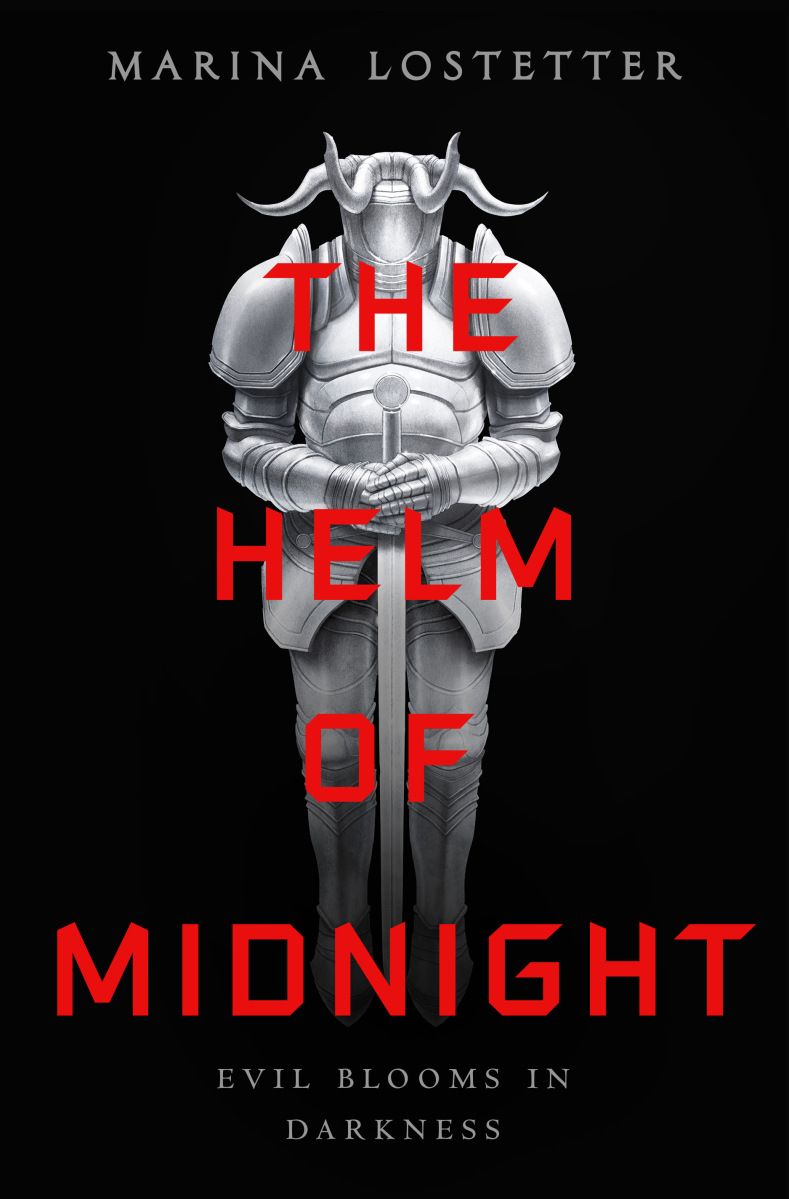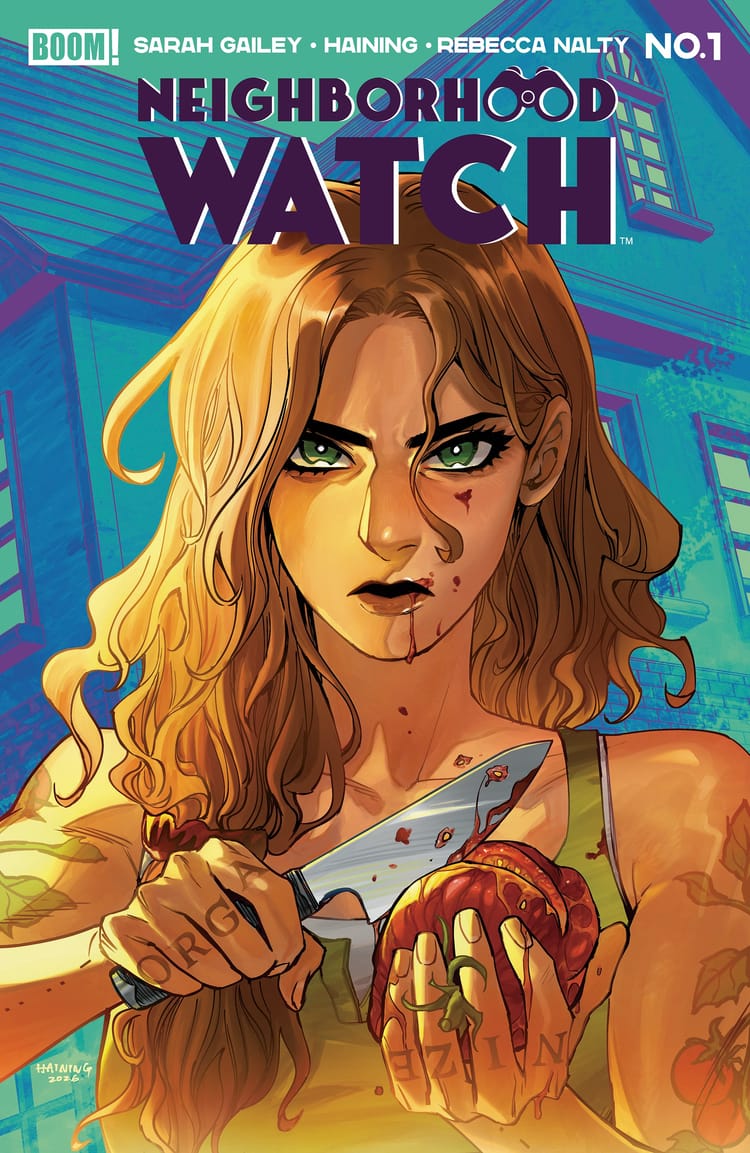Le Morte d'Author: on Aggregate Storytelling and Authorial Hope
I am a plotter. I need to plan out a story before I can write it. I need to see where the story is going, and cut a clear path to my goal. I have to possess initial intent. But there's one aspect of a story I can never plan for, no matter how meticulously I outline: I can never truly account for what will happen to a story when it's no longer just mine.
My stories originate with me, but that's not where they end.
Literary theorist Roland Barthes introduced a key concept to narrative philosophy in his 1967 essay, "The Death of the Author." Barthes argued that stories stand apart from their authors, and, fundamentally, authorial intent does not constrain the ways in which one can — and should — engage with a text. In other words, once a story leaves the author's desk and makes it into the public sphere, the author can be discarded as a factor in its interpretation.
But in order for the author to die, the author had to have been born. In order to consider discarding the originator, one has to accept that there is a definable origin in the first place.
Theconcept of an author (ie. a story's 'authority'), is not a modern-day invention, but the idea that most stories have sole originators or canonical text is a very recent framing of millennia-old narrative traditions.
Most stories, throughout time, have come into being through aggregation, with bits and pieces collected and expanded over long periods. Storytelling predates history — predates the written word. It has been a way to educate, entertain, and explain. And it has always been more than the sum of its parts.
All mythologies exist through aggregation, via individuals within a culture telling smaller stories — about themselves, their deities, or preternatural phenomena — that then get retold, and retold again, then combined with similar stories picked up by nearby settlements or passing caravans, that morph and change and swell and shrink over time.
Aggregation fundamentally toys with the idea of authorial intent, because there is no one author. And though two or more people can work toward a similar goal, it is impossible for their intent to be exactly the same in something as subjective as storytelling.
For example, the stories in Grimm's Fairy Tales did not originate with the brothers Grimm. They are a collection of folk tales passed on largely through oral tradition that Jacob and Wilhelm gathered and formalized.
In writing them down, the brothers created what many consider to be the canonical versions of the stories, but the very idea that canonical versions of such things can exist is antithesis to the function of these stories within their societies and how they came to be. Jacob and Wilhelm's intent in writing them down cannot be the same intent with which they were told in the first place.
Zach Snyder recently received much side-eye when it was reported he's currently working on a "faithful" retelling of Arthurian legends, for much the same reason. When those of us who are not Arthurian scholars think of King Arthur and the Knights of the Round Table today, what most of us are thinking of is actually a mish-mash of folk tales, epic poems, and questionable histories that were accrued over hundreds of years. Would a faithful retelling be based solely on the first mention of Arthur in around 600 CE? Or on the 12th century Roman de Brut, which first mentions the round table but predates the invention of the Arthur/Guinevere/Lancelot love triangle? Or on the 15th century Le Morte d'Arthur, arguably the most famous version of the Arthurian legends, which attempts to create a unified biography of Arthur from his birth to his death?
Not all aggregate storytelling has its origins in the distant past. It is an active part of the official way we tell — and sell — narratives today. Officially, much of it is done in service to large franchises and episodic television — via tie-ins and corporate-sanctioned content — where many authors contribute to a "universe" of interconnected tales. Notable examples being the Marvel Universe, Star Wars, and Star Trek.
When aggregate storytelling is done unofficially, we call it "transformative work," of which fan fiction is a major part.
An especially intriguing example of modern-day aggregate storytelling — from both an official and unofficial standpoint — is the TV show Supernatural, about two monster-hunting brothers and the found-family they make along the way. The show has enjoyed a voracious fanbase, which kept the series alive for fifteen seasons and spawned thousands and thousands of fan works (as of this writing, there are 243,690 entries related to Supernatural on Archive of Our Own alone. This is to say nothing of Tumblr, Twitter, etc.).
Starting with the season four episode "The Monster at the End of this Book," the show began engaging with fan reactions through self-referential stories. Sam and Dean literally read fan fiction about themselves on screen, and the characters used vernacular created by the Supernatural fanbase throughout.
The fans didn't simply consume the story. They changed the way the story was told. It would be difficult to argue that the author(s) should be considered as good as dead in terms of critical consideration when the author(s) were still actively creating in tandem with the audience's reception.
The show spawned a feedback loop of meta-engagement, which included discussions of authorial intent and authorial control. This call-and-response storytelling wasn't originally planned; the show's creator, Eric Kripke, didn't set out to start a TV series that specifically culled new content ideas from fan reaction. But the series writers saw a chance not only to have their stories consumed, but to reply to that consumption. The show and the fans were in conversation with one another (even if they often talked past each other).
If there's one thing the history of storytelling has taught us, it's that stories that appeal to our ingrained desire to build and aggregate and transform enjoy far more longevity than stories that remain restricted to one canonical form.
When my latest novel, The Helm of Midnight — about an enchanted mask that houses the spirit of a long-dead serial killer — hits shelves this April, no amount of planning can prepare me for its reception, and my authorial intent will transform into authorial hope.
I can only hope that it sparks a connection with readers — that they find something in it that inspires them. I hope it finds its way into the hands of those who want to build on it, who see places in its world for new stories, and new characters, and new versions of my characters. I hope they want to put themselves in the story, and ignore the bits that don't suit them. As a creator, I don't want to be considered dead, but nor do I want to be considered the authority on what can and should be taken from the narrative.
No one writes stories in a vacuum. We do it to express ourselves and communicate with the world around us. Every act of creation builds on the creation that has come before.
Stories aren't constricting bits of narrative that have had beginnings and hard ends. They aren't static. They're living conversations — with individuals, with culture, with history, and the future.
The open skies and dense forests of the Pacific Northwest are ideal for growing speculative fiction authors–or, at least, Marina Lostetter would like to think so. Originally from Oregon, she now resides in Arkansas with her spouse, Alex. In her spare time she enjoys globetrotting, board games, and all things art-related. Her original short fiction has appeared in venues such as Lightspeed, Uncanny, and Shimmer Magazine. Her debut novel, Noumenon, and its sequels are available from Harper Voyager. In addition, she has written tie-in materials for Star Citizen and the Aliens franchise. She is represented by DongWon Song of the Howard Morhaim Literary Agency, and she tweets as @MarinaLostetter. Her forthcoming novel, The Helm of Midnight, comes out April 13th and is available for preorder wherever books are sold.

In a daring and deadly heist, thieves have made away with an artifact of terrible power--the death mask of Louis Charbon. Made by a master craftsman, it is imbued with the spirit of a monster from history, a serial murderer who terrorized the city.
Now Charbon is loose once more, killing from beyond the grave. But these murders are different from before, not simply random but the work of a deliberate mind probing for answers to a sinister question. It is up to Krona Hirvath and her fellow Regulators to enter the mind of madness to stop this insatiable killer while facing the terrible truths left in his wake.
Add The Helm of Midnight to your tbr here. Order it from your local independent bookseller, or order it via Bookshop.org to support independent booksellers throughout the US and the UK. For international shipping, you can try Barnes & Noble. If you prefer audiobooks, here’s your Libro.fm link. You can also request The Helm of Midnight from your local library — here’s how to get in touch with them. And if you need to order from the Bad River Website, here’s a link that will leverage your order to help get clean water to people who need it.
If you haven’t already, I hope you’ll consider subscribing to this newsletter. The subscriber community is a wonderful and supportive one, and spending 2021 finding new ways to stay connected and share experiences.
Also, I have a new book out! You can order The Echo Wife wherever books are sold.
In the meantime, care for yourself and the people around you. Believe that the world can be better than it is now. Never give up.
—Gailey





Member discussion